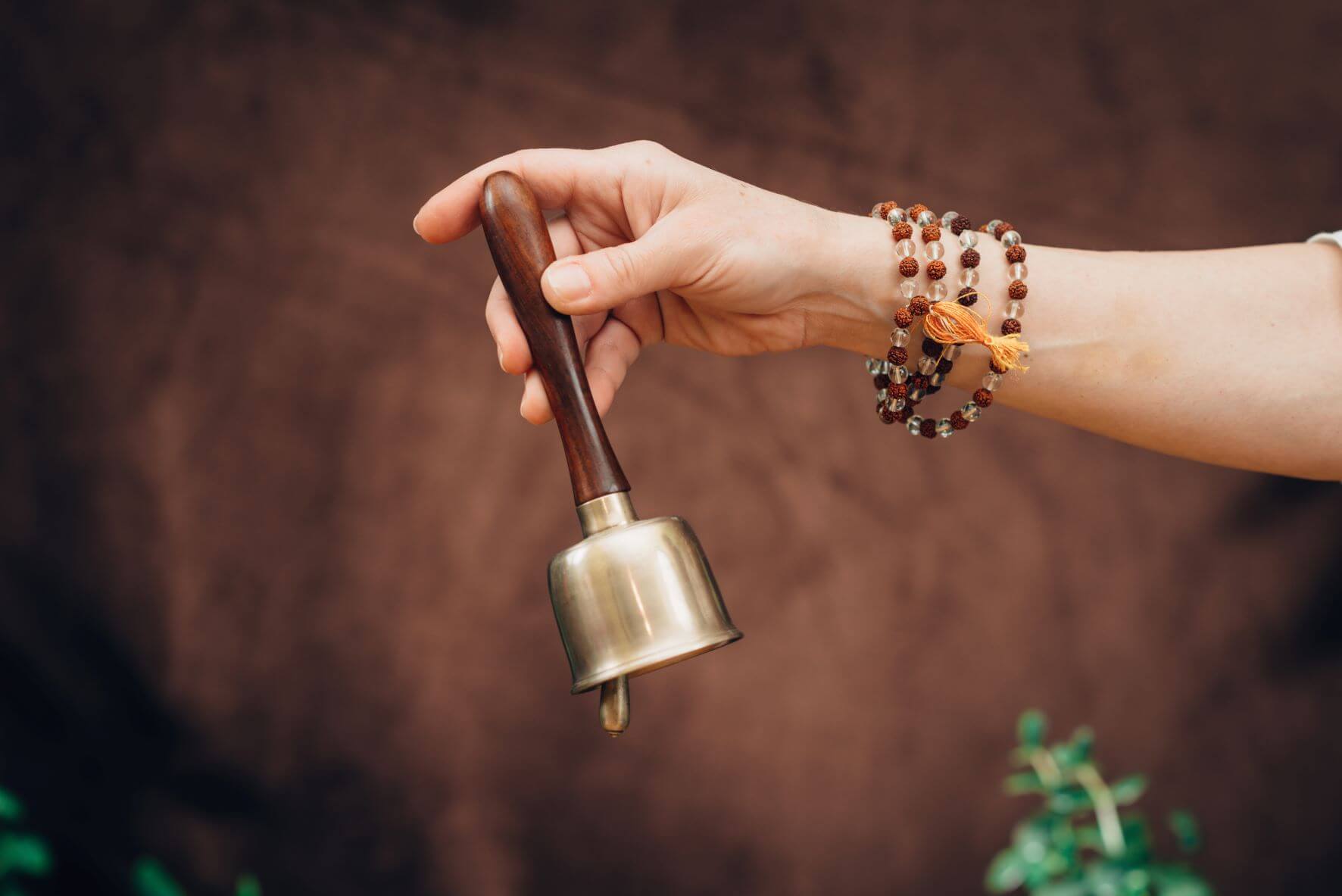Do you associate your house layout based on traditional beliefs? Or are you a pragmatic person in which you highly prioritize your home design based on its functionality? Does following an old tradition beneficial to your interior design?
It is understandable that we all want a comfortable living space for our family. And there is nothing bad about believing in superstitions as long as they do not bring harm to you or your family. Creating a harmonious home layout is beneficial to our inner peace. Plus, you can search for and access your belongings more easily in an organized home.
Some people believe that when buying a new house and lot for sale in Dasmarinas Cavite, they must be selective with the property’s facing direction, as it significantly impacts the owner’s prosperity and luck. Vastu Shastra and Feng Shui are the most popular ancient guide to architecture and designing the floor plan. But Filipino households are more familiar with Feng Shui.
What is Feng Shui?
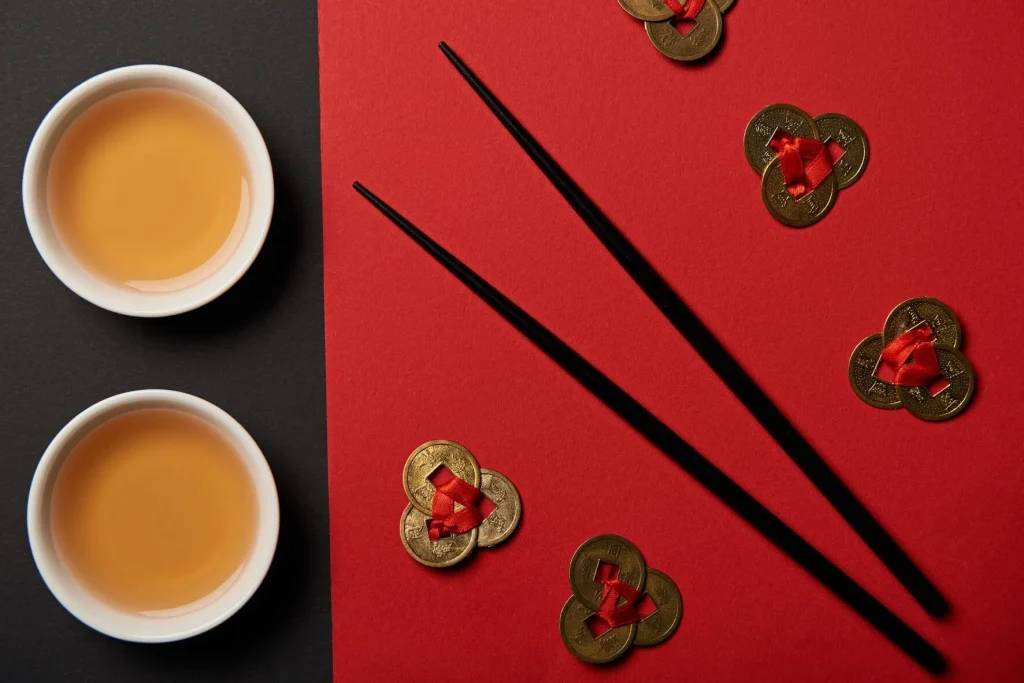
Feng Shui is a Chinese traditional practice of arranging architecture and decorating personal belongings, and furniture to achieve harmony and balance in a living space or working environment.
The Feng Shui practice is rooted in the Taoist concept of chi energy, or the life force that occupies everything. Chi comprises interconnected yet opposite forces called Yin (negative energy) and Yang (positive energy). With the Feng Shui house layout technique, people can boost the flow of positive chi and sustain the negative chi by harmonizing the yin and yang. If perfectly done, then a homeowner can achieve wealth, good health, and prosperity in their homes.
However, according to Joey Yap, believing or not believing in Feng Shui is irrelevant. He added that Feng Shui is only a supportive tool but the tips should not restrict people from their way of living. Despite Feng Shui being classified as a superstition that lacks scientific evidence, the practice can still be helpful for a good home design plan.
Applying Feng Shui or not is completely up to you but there is no denying that some basic principles with a Feng Shui house layout also drive functionality to your pleasant home.
Here Are Myths Circulating With Feng Shui Practice.
As you learn more about the practice this new year, there are misconceptions regarding Feng Shui. These are some myths about the practice and brief explanations debunking them.
MYTH 1: Houses that are not south-facing are prone to misfortunes
One of the most well-known Feng Shui tips is that you must select houses in auspicious directions. And based on Feng Shui beliefs, South-facing homes are the luckiest because they are more exposed to the sun. And the light from the sun delivers positive chi energy.
When choosing your new home, a Feng Shui practitioner would suggest buying a house in a south-facing direction as it is perceived as the best direction for absorbing more chi brought by the sun.
As you look more into your potential new home, have you come across Crown Asia’s house and lot for sale in Dasmarinas Cavite area? There is an upscale living experience in Amalfi located at Dasmariñas. The Italian-themed architecture sure provides sophistication and a premium home experience as it reminds you of your Europe tour. You can include elements of Feng Shui in your home design layout to achieve a highly functional space for your family.
Question: If south-facing houses are the most preferable property, does it mean that houses facing north, east, or west are already considered as unlucky?
Answer: The shortest answer is no. Feng Shui experts also determine your location based on your Kua Number.
Question: What if you own a building in which the house direction is not south-facing, and you still want to bring more chi into your living space?
Answer: You can actually create other ways to improve your house’s interior for more positive energy to flow inside.
MYTH 2: Your front door should be color red
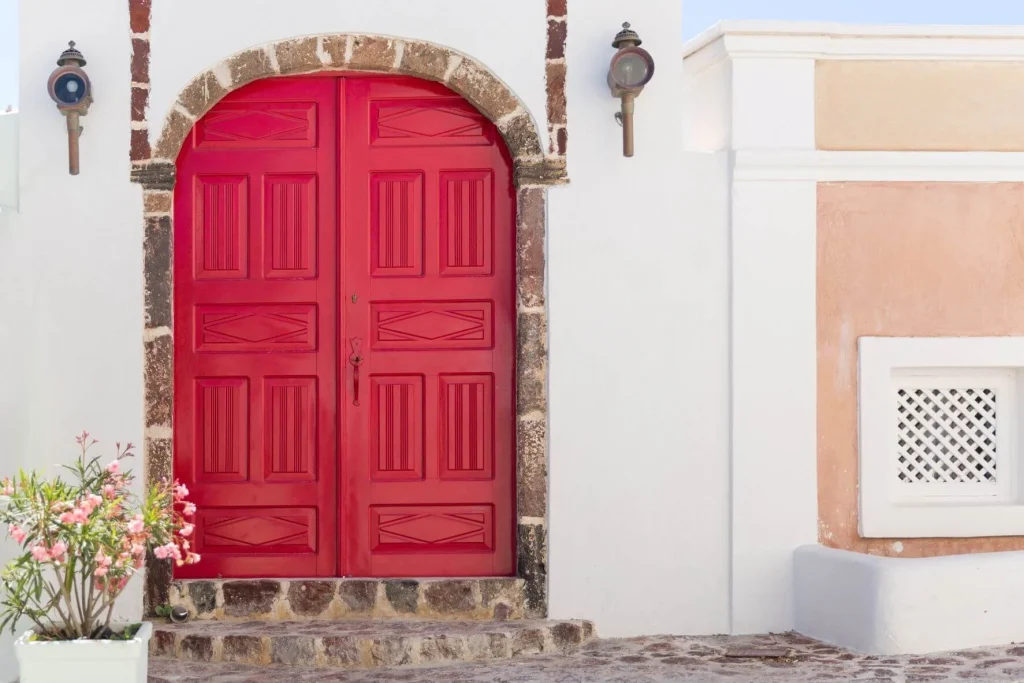
Misconception: The color red can symbolize happiness and joy hence having a red door will bring prosperity to your home. Repainting your main door will attract more luck and wealth inside your house.
Explanation: According to Chinese Feng Shui practitioners, Feng Shui associates the color red with the fire element, however not all houses can benefit from the fire element.
Furthermore, the color of your main door could also be influenced by your personal preference or even the overall theme of your architecture. If you want to stick with neutral tones because it’s pleasant to the eye. Then do so, as long as that would make your living space a more comfortable place to stay.
MYTH 3: Toilet Seat Covers impact your money’s energy flow
Misconception: There are hear-says that keeping your toilet lid closed in your bathroom is a preventive measure to sustain your money flow because if you leave it open then the energy that fills you with money blessings will also flush down the drain.
Explanation: However, the earliest documented influence of Feng Shui is as early as the ninth century BC. And the earliest discovery of toilets in Asia was at least 1500 BCE. Hence, this belief did not originate from the main teachings of Feng Shui.
Closing your toilet’s lid is still considered practical for sanitary purposes but it has nothing to do with your household income and expense. Your spending habits are your own responsibility and have nothing to do with your toilet seat covers.
MYTH 4: Feng Shui is similar to Interior design
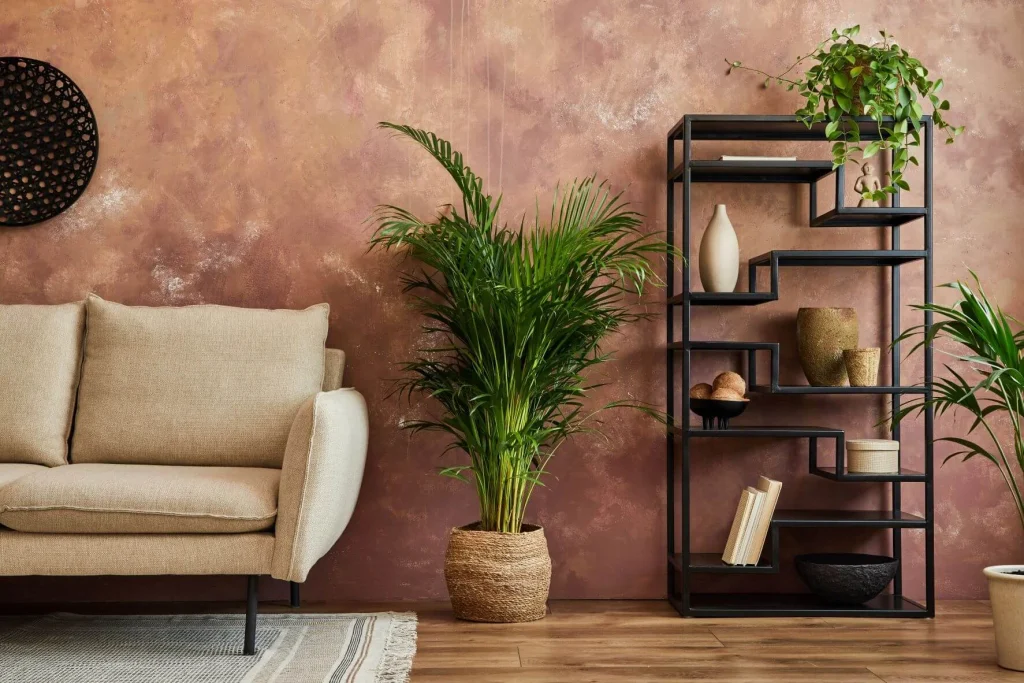
Although a Feng Shui consultant and Interior Designer can work hand-in-hand with your house floor plan, the two are separate entities.
Interior design’s main importance is the aesthetics and functionality of the given space and how it can accommodate your personal belongings and lifestyle. Interior designer form bonds with their clients to assess their personalities so that they can deliver and match the compatible layout for their clients. They also make sure to compliment the appropriate colors and designs of furniture for your home needs. Designers make sure that the layout reflects your self-expression to deliver an essence of ownership and familiarity. Interior designers have extensive knowledge about the materials needed as well as a floor plan to install fire safety.
Meanwhile, Feng Shui consultants deal with the application of Feng Shui in your house layout in terms of allowing more chi energy to flow naturally in a living space. They are also experts with placements of furniture and equipment to accommodate energy flow. Although, some designers are also applying Feng Shui practices in designing a layout. the two are not similar.
MYTH 5: Decluttering is the same as Feng Shui
A good Feng Shui would suggest decluttering unnecessary items to let the chi flow naturally.
Misconception: Some Chinese Feng Shui Practitioners throw away their old belongings every Chinese New Year and buy new ones in order to bring more luck into their homes.
Explanation: Although decluttering is necessary to attain harmony, it does not mean that homeowners must throw away their current furniture and buy new ones to attract Chi. Decluttering simply means throwing behind items that do not serve useful purposes in a home’s functionality. And this will allow the chi to flow correctly and liberally across the house.
MYTH 6: Objects can attract more luck
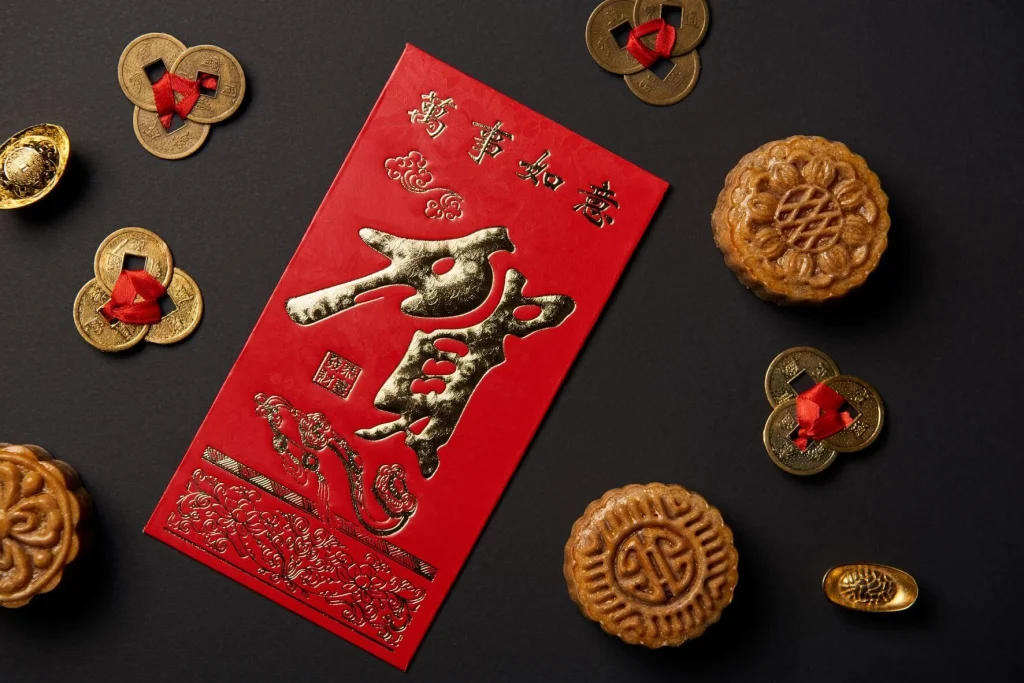
Picture this, you visit your neighbor at Amalfi residence who happens to be a Feng Shui Practitioner. Their house and lot for sale in Dasmarinas Cavite is composed of a Eurocentric theme, and pastel colors interior design since the residential area is inspired by Italian-theme architecture. As you explore their house further, you noticed that there are objects that are not cohesive with the overall design theme of their house. You saw a Jin Chan or the Money Frog beside their windows. As you come across their stairs, you saw more Asian Trinkets. And they explained that these will attract more money flow within their household.
But according to Feng Shui, certain objects are irrelevant in terms of bringing more luck. Feng Shui is the art of arranging objects in a harmonious way to let chi flow naturally. And sometimes, these items can block natural chi flow and ruin the balance of your home. If the “good luck objects” stand out instead of blending in with your home layout, then it is advisable to remove them.
Painting your Walls Auspicious Colors
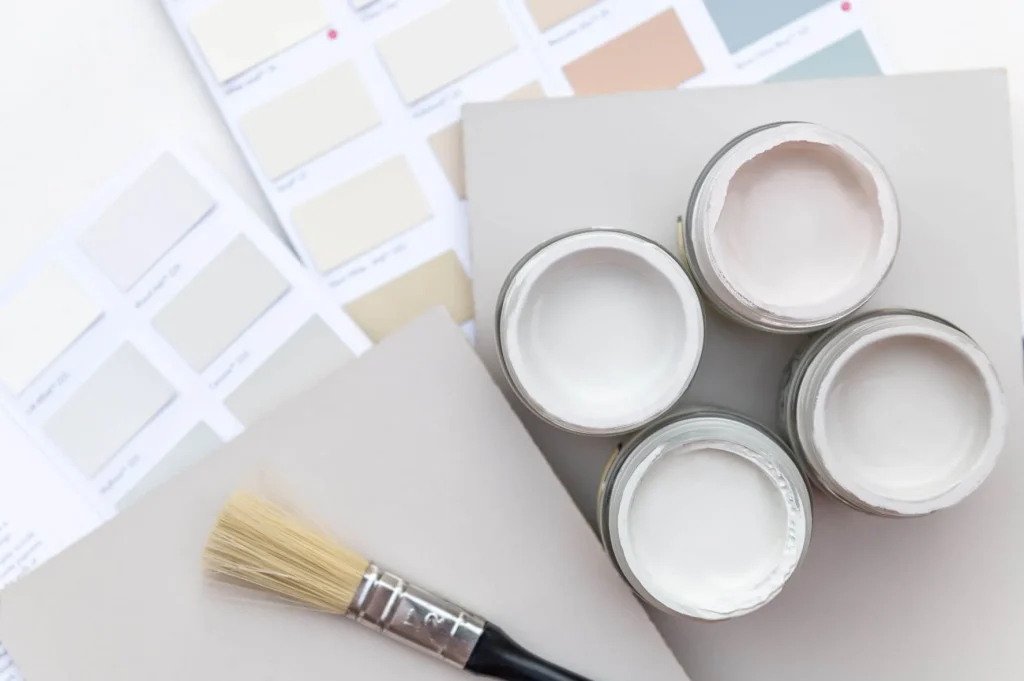
In Chinese culture, red symbolizes success and good fortune. And many Feng Shui practitioners believed that coloring their house’s wall based on the auspicious Chinese color means it is good Feng Shui. However, this is not the case since the color of your wall has a little-to-nothing effect on Feng Shui. Moreover, choosing highly pigmented colors can strain your eyesight. And there are colors that absorb heat and this is an impediment, especially during the hot season. So opt for more neutrals or pastels to balance the ambiance of your master bedroom or living room.
We all want to bring harmony to our homes. Our home is our place of comfort after a long day of work. So it is necessary to customize it to our desired ambiance. However, as a homeowner, your self-expression must reflect your house and no traditions must restrict your lifestyle. Feng Shui is only a helpful guide to achieving balance in your own space.
Related Blog: 2023: The Lucky Color of the Year


